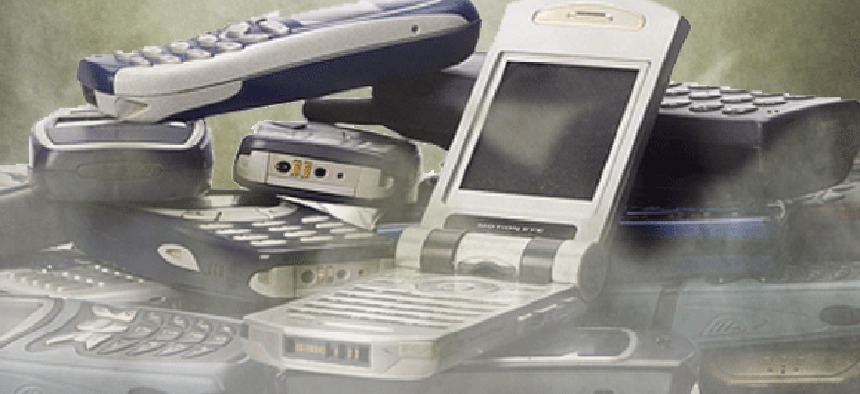Used phones are worth money -- and that can be a problem

As the high turnover rate for mobile devices creates a growing market for selling -- and stealing -- used phones, police await a national database that could help reduce thefts.
The Federal Communications Commission’s planned national database of stolen mobile phones can’t get here soon enough, according to police who say the burgeoning market for used phones has increased thefts.
The high turnover of mobile devices, as new models arrive constantly, has created a market for used phones, allowing users to get a little cash when they upgrade. There are even ATM-like kiosks that will pay out cash for an old phone.
But some police officials worry that this level of access for selling used phones may encourage more thefts. That is certainly the viewpoint of the District of Columbia police, which says that about 40 percent of all robberies in the city involve some kind of mobile device, according to a report in the Washington Post.
The D.C. police has singled out one vendor in particular, ecoATM, which has about 340 kiosks all over the country, including seven in the greater D.C. metropolitan area. Officials of ecoATM dispute claims that the company is a resource for cell phone thieves, citing the security measured used by the kiosks. When someone uses a kiosk to sell a phone, cameras take his photo from several angles. Sellers must place a government-issued ID up to another camera, and they even have to have their thumbprint scanned. The phone is connected to the kiosk through its data port, and its unique ID is run against police databases of stolen phones. The ecoATM website details the steps it takes to reduce the likelihood of stolen phones being sold through its kiosks. Because of these precautions, the company claims that fewer than one out of every 4,000 devices end up reported as stolen.
Still, stolen phones have turned up in the machines, police say. Part of the reason that these automated sales points don’t catch more stolen phones is because the databases they check are often not up-to-date or comprehensive.
A national database of stolen phones, due later this year, could go a long way toward solving the problem. The Federal Communications Commission, law enforcement organizations and the wireless industry last year launched the database effort as part of the PROTECT initiative. Several major wireless carries, including AT&T, T-Mobile and Sprint/Nextel, have implemented their databases of stolen phones, with the unified database scheduled to go online by Nov. 30.
NEXT STORY: A way to lock down public-facing iPads





